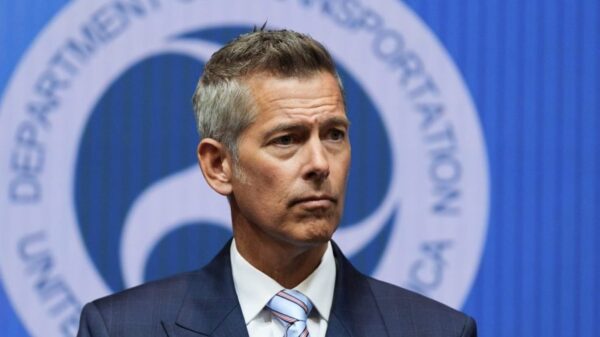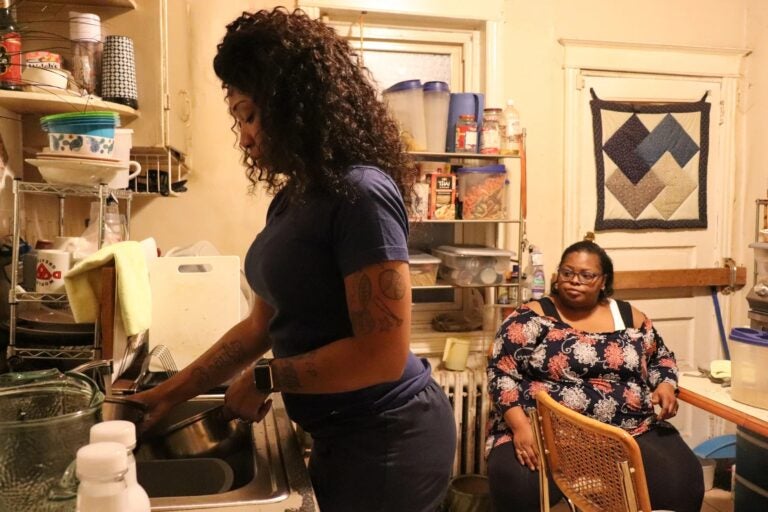In Pennsylvania, home health care agencies are urgently calling for an additional $370 million in the state budget to avert a potential crisis in care services. With a rapidly aging population, these agencies, which provide essential medical assistance and personal care to homebound patients, warn that chronic underfunding and staffing shortages threaten their ability to operate effectively.
According to the Pennsylvania Homecare Association, which represents over 700 service providers, approximately 400,000 children and adults rely on in-home care services. These services encompass a wide range of support, including skilled nursing, physical therapy, and assistance with daily activities. The demand for these services is expected to increase significantly as the population ages.
Laura Ness, board president of the Pennsylvania Homecare Association, stated, “The need is so substantial because it’s been decades of chronic underfunding. But now, we have to start to really dig ourselves out of this hole.” The association emphasizes that without the requested funding, many families may have to resort to more expensive care options, such as nursing homes.
As budget negotiations progress in Harrisburg, the Democratic-controlled state House approved a budget bill in July, while discussions continue in the Republican-controlled Senate. The state has already missed the official deadline of June 30 to finalize a new fiscal year budget.
The financial challenges facing home care agencies are exacerbated by low reimbursement rates set by the state through public programs like Medicaid. Ness highlighted that many agencies cannot afford to raise wages or hire additional staff, which hinders their ability to meet the growing demand for services. The average base wage for personal assistance agency employees in Pennsylvania was $15.69 per hour in 2023, a figure that many workers find insufficient.
Ness noted, “We have folks that really love to do it and have been doing this work for decades, but then they’re oftentimes faced with the choice of, ‘I can no longer afford to do this work, I have to support my own family and myself.’” The association estimates that over 112,500 home care shifts go unfilled every month due to staffing shortages, forcing some workers to seek better-paying positions in neighboring states.
The reimbursement rates for home care services have stagnated for over a decade, according to an independent study commissioned by the Shapiro administration. To align Medicaid reimbursement rates with competitive market standards would require an estimated additional $856 million investment from the state.
The Pennsylvania Homecare Association asserts that their request for $370 million represents a 10% increase in reimbursement rates for personal assistance services. This funding would be a significant step towards addressing the systemic issues plaguing the industry. In a letter to lawmakers dated July 15, leaders of home care agencies expressed that this amount is less than half of what experts have recommended.
Despite these compelling arguments, the proposed budget from Governor Josh Shapiro includes only a modest $21 million increase for wage enhancements for workers caring for adults with disabilities and seniors. The House version of the budget bill did not offer any additional funding.
If staffing shortages continue to escalate, families may face limited options for their loved ones. Ness warned that many could be forced into high-cost settings prematurely. “That could mean that they go into a higher-cost setting like a nursing home earlier than they need to,” she explained. “It also means that maybe a parent or a daughter or son is taking themselves out of the workforce to care for these individuals at home.”
As discussions continue, the future of home health care in Pennsylvania hangs in the balance. The outcome of budget negotiations will significantly impact the well-being of thousands of residents who rely on these vital services.







































































